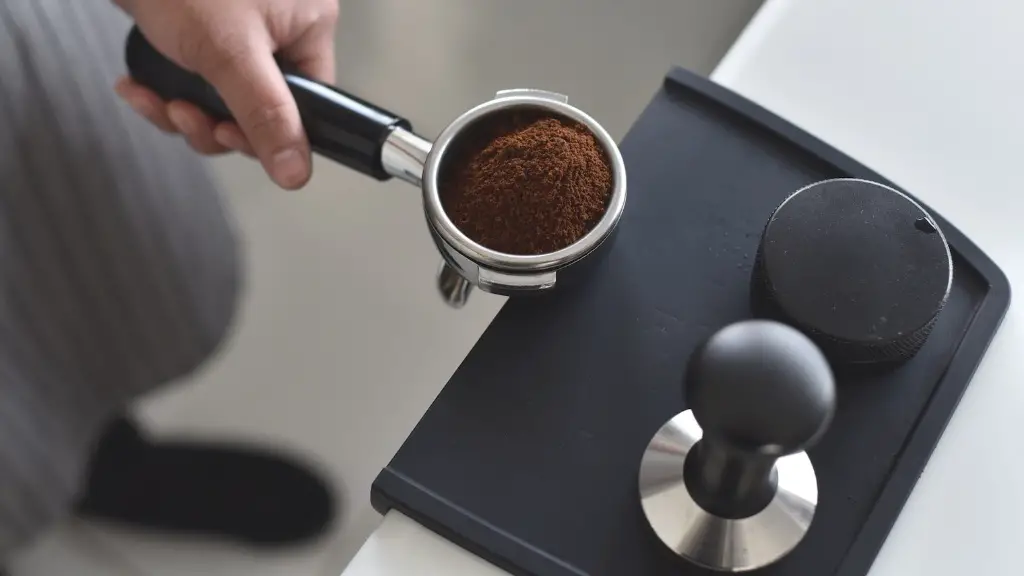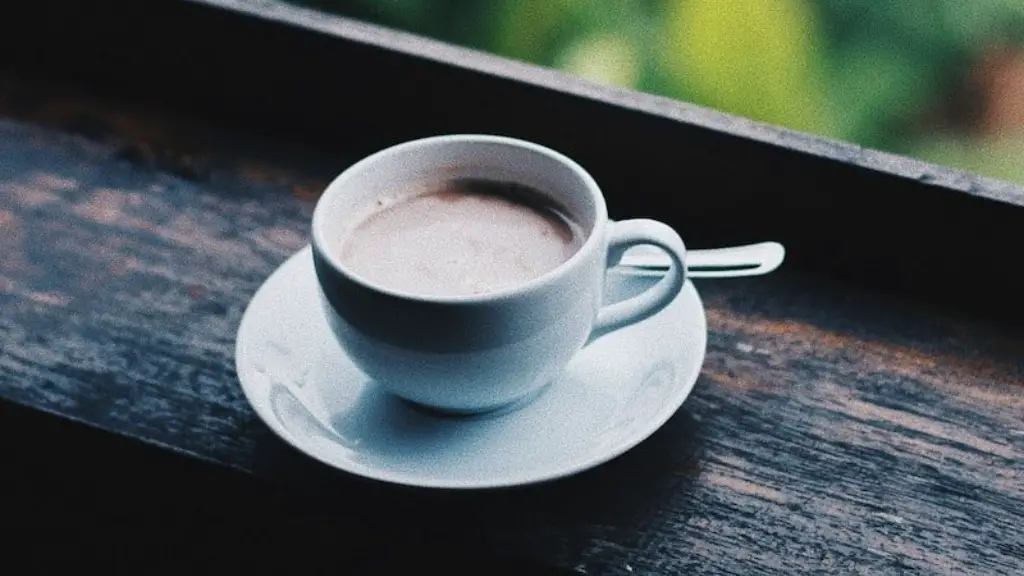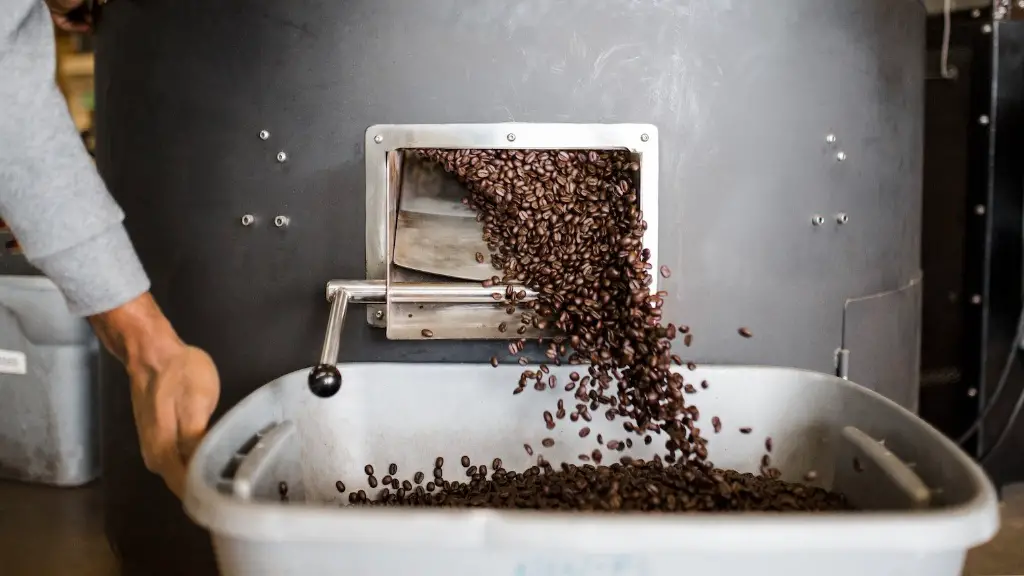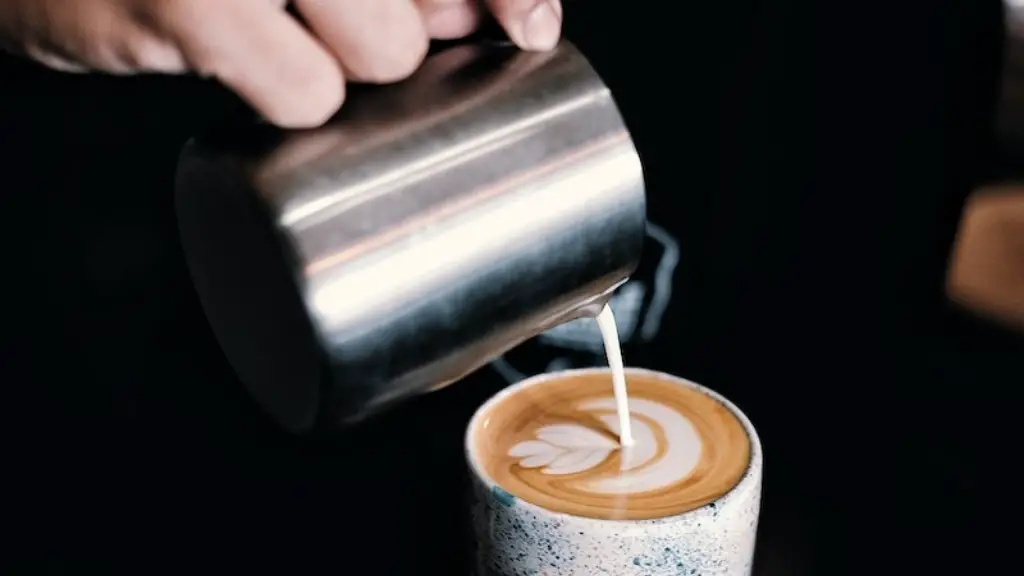Can I Drink a Coffee Before a Blood Test?
Drinking coffee before a blood test is something many patients are concerned about. After all, we all know that coffee has caffeine, and caffeine can have an impact on our bodies. But is it safe to drink a cup of coffee before a blood test? And if so, how does it impact the results?
Most experts agree that drinking a cup of coffee before a blood test shouldn’t be a problem, but there may be some exceptions. Usually, the effects of caffeine on the body can vary from person to person, so it’s best to talk to your doctor or healthcare provider if you have any concerns. For most blood tests, drinking a cup of coffee should have no effect or impact on the results.
Before deciding to drink coffee before a blood test, you should be aware of some of the most common effects it may have. Caffeine can increase heart rate, breathing rate, and blood pressure, which can make it difficult to get an accurate reading. Therefore, if your blood test is assessing your cardiovascular health, drinking coffee before the test may not be ideal. Additionally, caffeine may also affect hormones, such as cortisol and adrenaline, which could also alter the results.
Furthermore, it is important to note that caffeine can also affect how your body processes some medications. Therefore, if you are taking any medications, it is best to talk to your doctor or healthcare provider before drinking coffee before a blood test. It may be best to avoid caffeine altogether if you are taking certain medication, as it can make your medications less effective.
Moreover, if you are in a fasting state for your blood test, drinking any type of coffee, including decaffeinated coffee, is not recommended. Even decaffeinated coffee may have some caffeine, which could affect the results of the blood test. Additionally, coffee may cause sugar spikes in the blood, which could be problematic if you are having a fasting blood test.
In summary, for most people, drinking a cup of coffee before a blood test shouldn’t cause any problems. However, it is still best to talk to your doctor or healthcare provider to be sure. And if you are fasting for the test, you should avoid both caffeinated and decaffeinated coffee.
Possible Side Effects
In addition to the impact on blood test results, drinking coffee before a blood test can have other side effects on the body. Caffeine can cause jitters or increased energy, as well as an increased heart rate. This may be especially pronounced if you are not used to regularly drinking coffee. Additionally, caffeine can also cause nausea, headaches, or other physical side effects.
Caffeine can also affect mood and can cause anxiety or irritability in some people. It’s best to be aware of how your body reacts to caffeine, as it can vary from person to person. Therefore, if you are sensitive to caffeine, it’s best to avoid drinking coffee before a blood test.
Finally, it’s important to note that drinking coffee before a blood test can interfere with the accuracy of the test results. Caffeine can cause an increase in heart rate, breathing rate, and blood pressure, which can affect different types of blood tests. Therefore, it’s best to talk to your doctor or healthcare provider about the effects of caffeine on the accuracy of your blood test.
Alternatives to Coffee
If you are looking for alternatives to drinking coffee before a blood test, you may want to consider other hot drinks, such as tea or herbal tea. Tea has a lower caffeine content than coffee, so it will have less of an effect on your body. Additionally, it may also help with relaxation and calming nerves. Be sure to check the ingredients of herbal tea to make sure they won’t interfere with your blood test.
If you are feeling very nervous or anxious about your blood test, you may also want to consider mindfulness meditation or breathing exercises to help. Mindfulness meditation and breathing exercises can help you relax your body and mind and lower your heart rate. This can be very helpful before a medical procedure, such as a blood test.
Finally, you may also want to consider talking to a healthcare professional about other alternatives to coffee. Your doctor or healthcare provider may be able to suggest some natural ways to relax and stay calm before a blood test. They may also be able to recommend herbal supplements or other natural remedies that can help.
Preparation for a Blood Test
Besides avoiding coffee before a blood test, there are other things you can do to help prepare for the test. First, it’s important to be aware of the type of blood test you are having and what the results will be used for. Knowing this can help you understand how best to prepare.
Second, if you are in a fasting state, it’s important to be aware of the timeframe of the test. Generally, you should not eat for at least 8 hours prior to a fasting blood test to ensure accuracy. Additionally, it is important to avoid exercise, alcohol, or smoking for at least 12 hours prior to the test.
Third, if you have any specific questions or concerns about the blood test, it’s best to ask your doctor or healthcare provider before the test. They can provide you with the best guidance on how to best prepare and answer any questions you may have.
Finally, it is important to be aware of the risks associated with a blood test. Although blood tests are generally safe, it’s still important to be aware of any possible risks and to discuss these with your doctor or healthcare provider.
Tips for a Successful Blood Test
Besides following the preparation steps mentioned above, there are some other things you can do to ensure a successful blood test. Firstly, it’s best to wear comfortable clothing so that you can move and stretch your arms freely during the test. This can help make the process easier for you and for the technician taking the blood.
Secondly, try to relax and focus on your breathing before and during the test. Taking slow and deep breaths can help to relax your body and mind and keep your heart rate steady, which can make the process easier.
Thirdly, it can be helpful to bring a friend or family member with you to the test. Having someone to talk to during the test can help distract you and help keep your mind off of the procedure.
Finally, it’s important to remember that blood tests are generally safe and that the results will help your doctor or healthcare provider diagnose any possible illnesses or conditions. Keeping this in mind can help to keep you calm and focused on the test.
Conclusion
Drinking coffee before a blood test is something many people are concerned about. Most experts agree that it should not be a problem for most patients, but it is still best to talk to a doctor or healthcare provider to be sure. Additionally, it is important to be aware of how your body reacts to caffeine, as it can vary from person to person. And if you are fasting for the test, it is best to avoid both caffeinated and decaffeinated coffee. Following the preparation steps mentioned above, as well as some other tips, can help ensure a successful and accurate blood test result.





